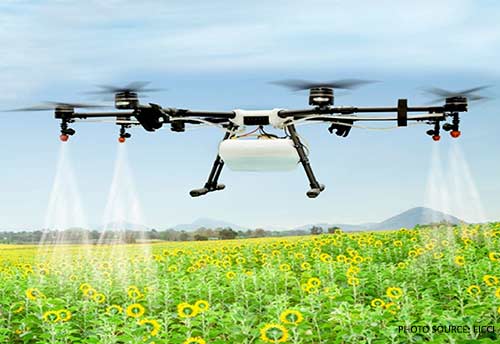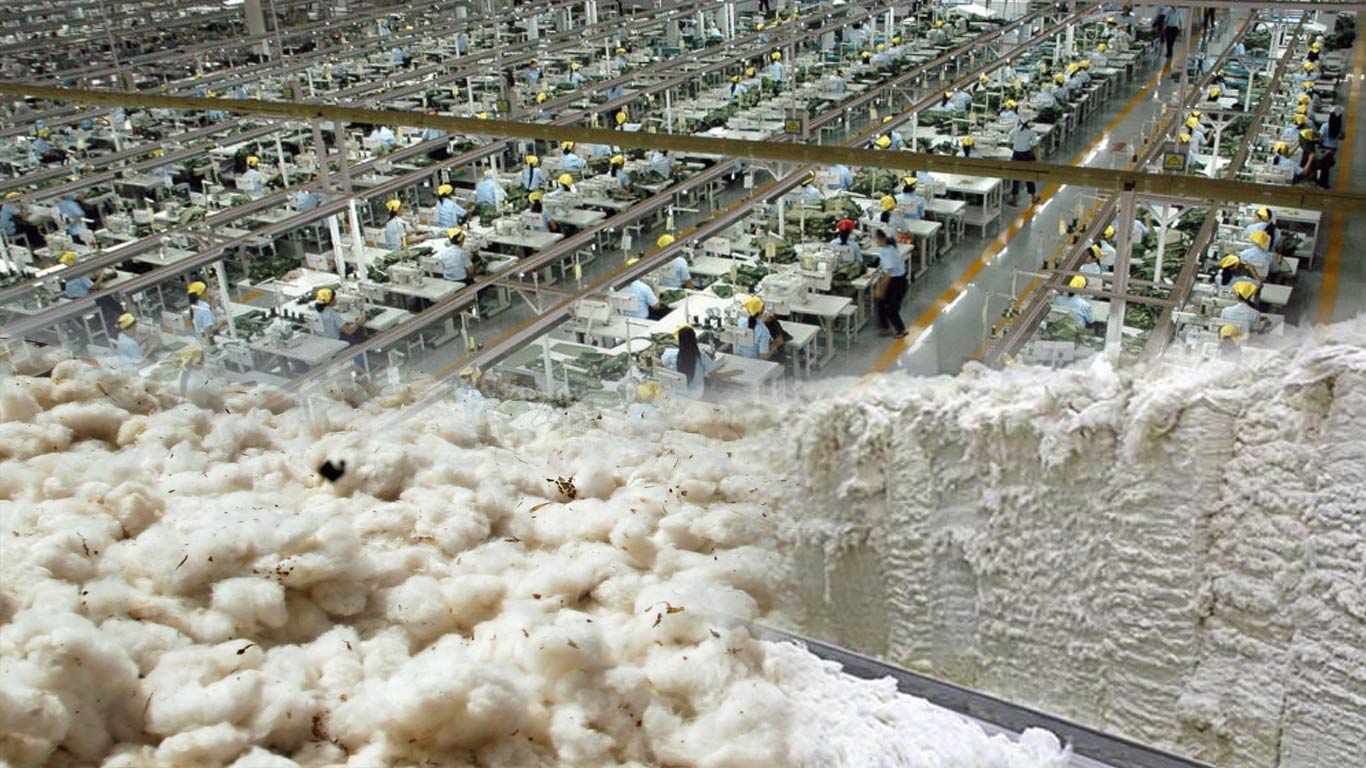Rising drone use pushes centre to issue Standard Operating Procedure for crop protection
Updated: Dec 10, 2021 11:43:03am

Rising drone use pushes centre to issue Standard Operating Procedure for crop protection
New Delhi, 10 Dec (KNN) As India looks forward towards more digital enabled technologies across various sectors, the central government has issued guidelines and standard operating procedure (SOP) for spraying pesticides through drones. Traditionally, pesticides are sprayed either manually or with the help of tractor-mounted sprayers where high quantities of pesticides and water are used, sometimes leading to overspray of these pesticides.
The government has released standard operating procedure (SoP) on use of drones for the purpose of spraying pesticides on agriculture crops. While releasing the SoP, the agriculture ministry said, in recent years, use of drones in agriculture has gained prominence and some states are actively engaged in checking the suitability of this new technology in Indian agriculture.
According to the ministry, the SoP for drone regulation for pesticide application covers important aspects like statutory provisions, flying permissions, area distance restrictions, weight classification, overcrowded areas restriction, drone registration, safety insurance, piloting certification, operation plan, air flight zones, weather conditions.
According to the SOP “Drones are going to be important for increasing the efficiency of crop protection chemicals by reducing manpower requirement, reducing time of application, reducing volume of water, quantity of chemicals along with reducing exposure to human beings to hazardous chemicals and saving the environment.
Guidelines have fixed responsibility on drone operators and not on the farmers for measurements this dual approach will help farmers achieve more cost effective and environmentally friendly output.
This will move the current practice of taking advice from a local pesticide dealer to a more informed and skilled manpower. Smit Shah, director of Drone Federation of India said “this will create local entrepreneurship as capital expenditure of about Rs.14-15 lakh will be required for one drone” reported by The Hindu Business Line.
Any operator has to first register for drone based application of pesticides from the Central Insecticide Board and Registration Committee (CIB&RC), apart from conforming to the Drone Rules of Director General of Civil Aviation.











